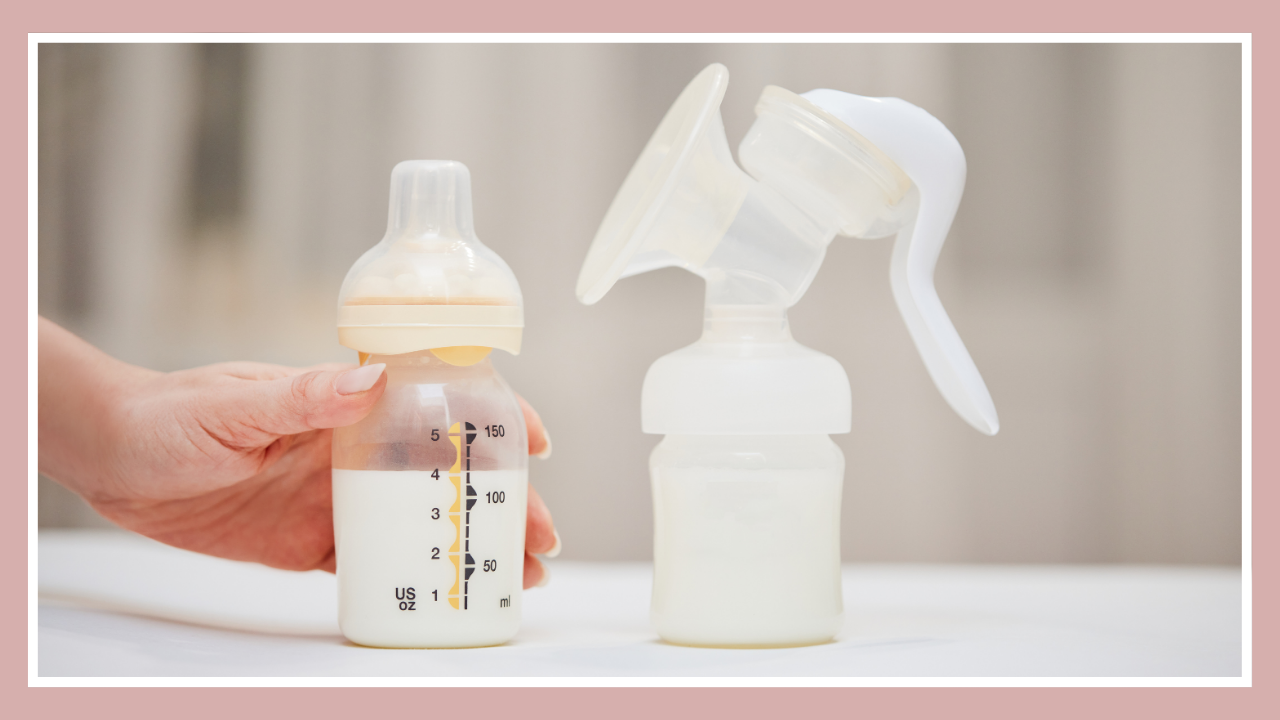
Breast or Bottle? Navigating the Feeding Journey: Pros, Cons, and Personal Choices
Sep 13, 2024Let's talk about one of the biggest decisions you'll face in early parenthood: how to feed your little one. The breastfeeding vs. formula feeding debate has been raging for years, and it can feel pretty overwhelming. But here's the thing – there's no one-size-fits-all answer. Today, we're going to break down the pros and cons of both options, touch on the ever-present worry of low milk supply, and hopefully help you feel more confident in making the choice that's right for you and your baby.
The Breastfeeding Journey: Liquid Gold and Its Challenges
Breastfeeding is often touted as the gold standard in infant nutrition, and for good reason. Let's dive into some of the benefits:
- Tailored Nutrition: Breast milk is specifically designed for your baby, changing composition to meet their needs as they grow.
- Immune System Boost: It's packed with antibodies that help protect your little one from infections and illnesses.
- Bonding Opportunity: The skin-to-skin contact during breastfeeding can enhance the mother-baby bond.
- Cost-Effective: It's free! Well, aside from any pumping equipment or nursing pillows you might want.
- Convenience: No need to sterilize bottles or mix formula in the middle of the night.
But let's be real – breastfeeding isn't always a walk in the park. Here are some challenges you might face:
- Time-Consuming: In the early days, babies feed frequently, which can be exhausting for moms.
- Low Milk Supply: This is a common worry for many breastfeeding moms. While most women produce enough milk, factors like stress, certain medications, or hormonal issues can affect supply.
- Physical Discomfort: Sore nipples, engorgement, and mastitis are potential hurdles.
- Dietary Restrictions: Breastfeeding moms need to be mindful of what they eat and drink, as it can affect the baby.
- Public Perception: Despite efforts to normalize breastfeeding, some moms still feel uncomfortable nursing in public.
The Formula Option: Convenience in a Bottle
Now, let's talk about formula feeding. It's come a long way, baby! Here are some pros:
- Convenience: Anyone can feed the baby, allowing partners to share the load.
- Measured Feeding: You know exactly how much your baby is eating.
- Flexibility: It's easier to be away from your baby for longer periods.
- No Dietary Restrictions: Mom can eat and drink whatever she wants without worrying about it affecting the baby.
- Consistent Nutrition: Formula is fortified with vitamins and minerals to support your baby's growth.
But formula feeding isn't without its downsides:
- Cost: Formula can be expensive, especially specialized types.
- Preparation Time: You'll need to sterilize bottles and prepare formulas, which can be time-consuming.
- Lack of Antibodies: Formula doesn't contain the immune-boosting antibodies found in breast milk.
- Digestive Issues: Some babies may have trouble digesting certain formulas, leading to constipation or gas.
- Environmental Impact: Formula production and packaging have a larger environmental footprint.
The Low Milk Supply Conundrum
Let's take a moment to address the elephant in the room – low milk supply. It's a common concern that keeps many moms up at night (as if we needed another reason to lose sleep, right?). While most women produce enough milk to meet their baby's needs, a low milk supply can happen for various reasons:
- Infrequent feeding or pumping
- Poor latch
- Hormonal imbalances
- Certain medications
- Previous breast surgeries
Struggling with a low milk supply? Don't let it derail your breastfeeding journey. Get the entire Breastfeeding Blueprint program for FREE as a bonus when you join us inside of The Postpartum Shift and gain access to expert guidance, meal plans, and strategies to boost your milk production while enjoying your favorite foods and nourishing your body during this crucial postpartum phase.
Making the Choice: It's Personal
Here's the thing – the choice between breastfeeding and formula feeding is deeply personal. What works for your best friend or your sister might not work for you, and that's totally okay. Consider these factors when making your decision:
- Your lifestyle and work situation
- Your comfort level with breastfeeding
- Your baby's health needs
- Your own health and any medications you're taking
- Your support system
And hey, it doesn't have to be all or nothing! Many parents choose to combine feed, using both breast milk and formula. This can be a great option if you're dealing with a low milk supply or just want more flexibility.
The Guilt Factor: Let's Kick It to the Curb
Whatever you choose, please don't let guilt creep in. You're not a better or worse parent based on how you feed your baby. What matters most is that your little one is fed, loved, and cared for.
If you start with one method and it's not working out, it's okay to switch. If you're breastfeeding and struggling with a low milk supply, it's okay to supplement or switch to formula entirely. If you're formula feeding and want to try breastfeeding, it's okay to give it a shot (though you might need some expert help to get started).
At the end of the day, fed is best. Whether you're exclusively breastfeeding, formula feeding, combo feeding, or doing a little dance between all three, you're doing great. Your baby is lucky to have a parent who cares enough to agonize over these decisions.
Remember, this phase is temporary. Before you know it, your little one will be stealing fries off your plate and you'll be wondering where the time went. So take a deep breath, trust your instincts, and know that you're making the best choice for your family.







